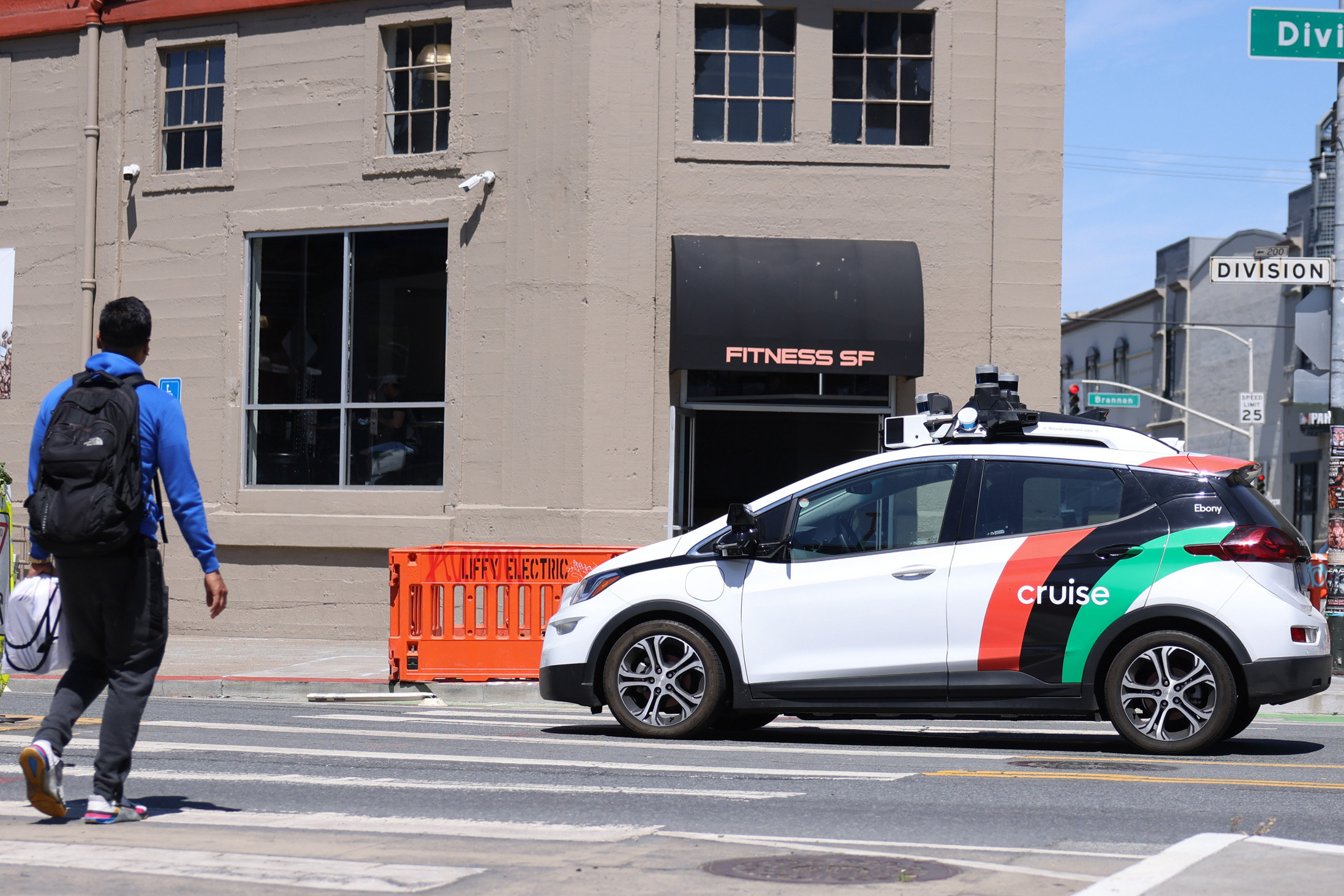A San Jose lawmaker has sent a letter to the California Department of Motor Vehicles seeking answers on how the agency grants and revokes permits for driverless cars.
In a letter of inquiry addressed to DMV Director Steve Gordon, state Sen. Dave Cortese, a Democrat from San Jose, said wants more transparency about the process in the wake of the suspension of permits awarded to General Motors-owned Cruise.
The letter asks for a detailed overview of how the DMV grants permits for driverless vehicles, what types of violations may lead to their revocation, protocols in place to address safety concerns and the specifics behind Cruise’s suspension.
In an interview, Cortese said the DMV has been “very opaque” in its approval and regulatory process, and that the answers he receives are meant to help inform lawmakers as they prepare bills early next year.
“We want to make sure we have a clear path going forward that rolls this innovation out safely,” Cortese said.
It was in that spirit that he supported AB 316, a Teamsters-backed bill that would have required trained human operators in autonomous vehicles weighing over 10,000 pounds.
The bill was killed by Gov. Gavin Newsom who wrote in his veto message that the DMV “has the authority to suspend or revoke permits as necessary to protect the public’s safety.”
Cortese said he doesn’t believe the current agency infrastructure is adequate. He argued for a single executive branch agency that is responsible for autonomous vehicle transportation, much like the Federal Aviation Administration governs all aspects of civil aviation.
“This isn’t the Wild West,” Cortese said. “We can’t have our city streets, highways and our roads functioning as laboratories for coding that is not perfected yet.”
He is pushing for the agency to come back with a detailed response within 10 days.
Last month, the DMV suspended Cruise’s ability to operate its self-driving cars after an Oct. 2 incident where a woman was struck by a human driver in a hit-and-run before being thrown into the path of a Cruise vehicle in Downtown San Francisco.
In its suspension order, the state agency said that the company failed to disclose that the Cruise car pulled over after the impact, further dragging the person under the vehicle another 20 feet.
Soon after, Cruise announced that it would pull its entire fleet of driverless cars off the road nationwide.
The letter of inquiry follows pushback to the rollout of robotaxis by local public officials, who have raised concerns about safety and the autonomous vehicle interactions with emergency services.
In September, House Speaker Emerita Nancy Pelosi and Rep. Kevin Mullin, D-Redwood City, wrote a letter to the National Highway Traffic Safety Administration asking the regulatory agency to collect more detailed data on the operations of Cruise and Waymo.
